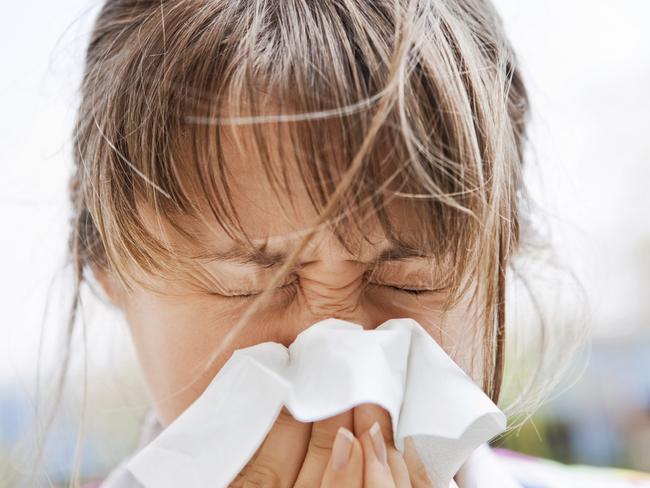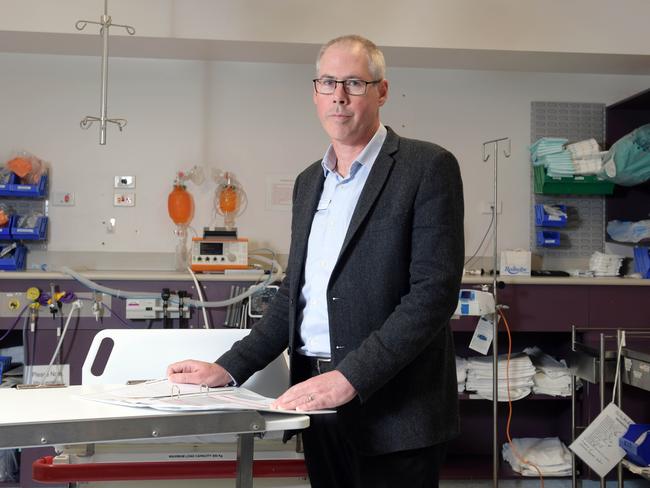Winter flu warning with higher number of confirmed influenza cases reported every month this year
NSW has had the worst seven months on record for flu with 18,357 cases compared to 8757 last year. In the southwest Sydney there have been 1882 against 1027. Authorities say it will get worse.

Macarthur
Don't miss out on the headlines from Macarthur. Followed categories will be added to My News.
NSW has had the worst seven months on record for flu and authorities say it will get worse.
Figures from the NSW Health Influenza Surveillance Report were obtained by State Labor’s health spokesman Walt Secord who said there with 18,357 confirmed cases from January 1 to July 31 this year.
He said this compared to the first seven months in NSW last year when there were 8757 confirmed influenza cases.
Across NSW, the most influenza cases so far this year were reported last month with 11,262 compared to 4431 in July 2016.
There were 1882 confirmed cases of influenza in the south west — which includes the Macarthur area — for the first seven months of this year.
This compares to 1027 for the same period last year.
Alarmingly, the highest number of monthly confirmed cases for 2017 was reported last month with 1147 compared to 605 cases for July 2016.
Figures for August will be released after the end of the month. In August 2016, there were 1470 confirmed cases of influenza.

Campbelltown Hospital director of emergency Associate Professor Richard Cracknell said the flu normally peaked at the end of August but this year it was peaking at the start and this had not happened since 2009.
He said this was due to the strain of the flu and the mystery of influenza, that it adapted and changed from year to year.
“If you only have classic symptoms of the flu, such as a runny nose, rest or see your GP and only come to the hospital emergency department if you have a pre-existing condition, are very old or very young or more unwell,’’ Dr Cracknell said.
South Western Sydney Local Health District Public Health Unit acting director Dr Kate Alexander said winter was the time when there was a spike in the flu, there were a high number of cases at the moment and this would continue for a few more weeks.
“We are encouraging people to see their GP or phone Health Direct, a 24-hour health line, and save the hospital emergency department and 000 for emergencies,’’ Dr Alexander said.
She said the elderly, particularly people in aged care facilities, Aboriginal and Torres Strait Islander residents, pregnant women and people with a medical condition were most at risk of contracting the flu.
PILOTS CONCERNED ABOUT AIRCRAFT SECURITY
Dr Alexander also urged residents to have their flu shot, which was free for the over 65s, because the flu strains were well covered by the vaccine.
She also reminded people about general hygiene, such as covering their mouth when coughing or sneezing, and to stay at home if they were sick.
Mr Secord said the figures were grim.
“The flu season is smashing NSW emergency departments and it is only going to get worse. August is traditionally the worst month for flu in Australia and NSW,’’ he said.


